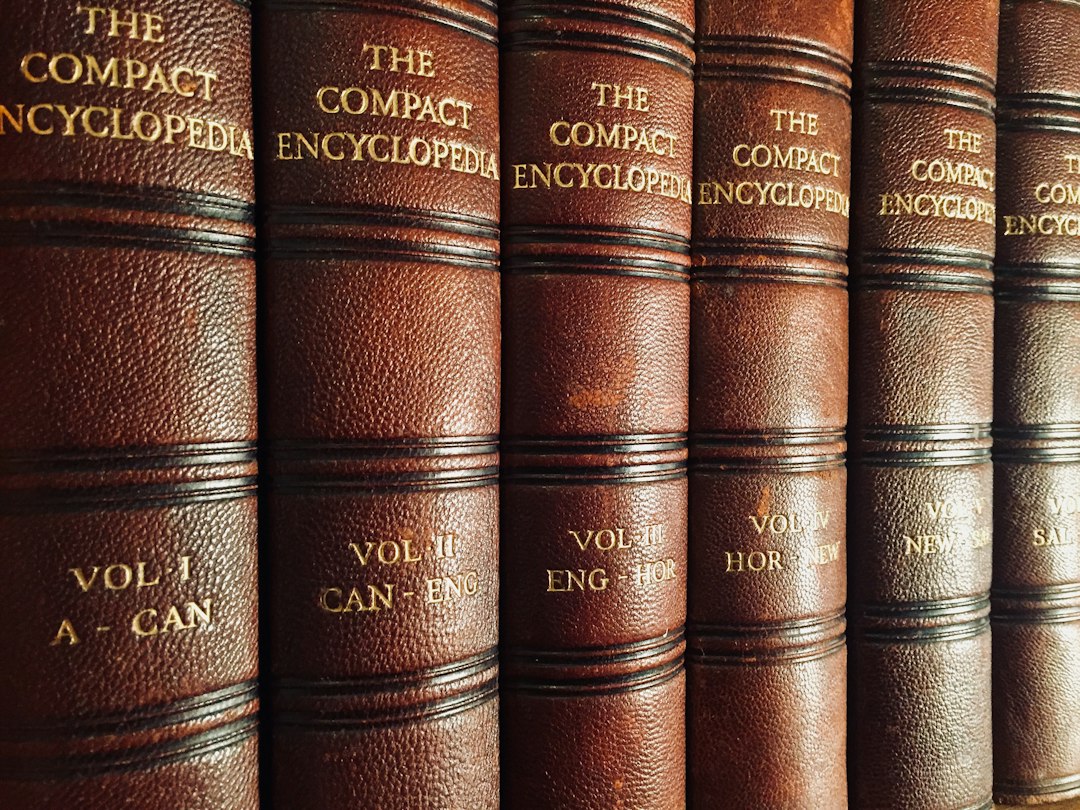A Guide to Landlord-Tenant Laws and Disputes
Renting a property can be a great alternative to purchasing a home, providing flexibility and convenience. However, it is essential for both landlords and tenants to understand the rights and responsibilities they have under the law. Landlord-tenant laws are in place to protect both parties and ensure fair treatment. In this guide, we will take a closer look at the most important aspects of landlord-tenant laws and the ways to resolve disputes that may arise.
Understanding Landlord-Tenant Laws
Landlord-tenant laws exist at the federal, state, and local levels, each with its own set of regulations. It is crucial to research and understand the specific laws that apply in your area in order to be well-informed and avoid any potential legal issues.
1. Obligations of the Landlord: Landlords have a duty to maintain a safe and habitable living environment for tenants. This includes necessary repairs, clean and sanitary conditions, proper security measures, and compliance with local building codes.
2. Rights of the Tenant: Tenants have the right to privacy, peaceful enjoyment, and to be free from discrimination. They also have the right to request repairs and withhold rent if the landlord fails to address maintenance issues promptly.
3. Lease Agreements: A lease agreement is a legally binding contract that outlines the terms and conditions of the rental agreement. It is important for both parties to thoroughly review and understand all provisions before signing. Lease agreements usually cover payment terms, length of tenancy, pet policies, maintenance responsibilities, and more.
Resolving Landlord-Tenant Disputes
Unfortunately, disputes can arise between landlords and tenants, often due to misunderstanding or disagreement over specific terms. It is crucial to address these conflicts properly to avoid legal consequences. Here are a few common disputes and methods for resolving them:
1. Maintenance Issues: One common dispute involves maintenance and repair requests. To resolve this, tenants should always communicate repair needs in writing and provide the landlord with a reasonable amount of time to address the issue. If the landlord fails to respond, tenants can find remedies through local housing authorities or small claims court.
2. Security Deposits: Disputes often occur when it comes to returning security deposits. Landlords must provide an itemized statement of any deductions along with the remaining refund, if applicable, within a specified time frame after the tenant moves out (varies by jurisdiction). If a tenant believes their deposit was wrongfully withheld, they can attempt to negotiate with the landlord or take legal action if necessary.
3. Rent Increases: Sometimes, landlords may increase rent rates during a tenant’s lease term or upon lease renewal. Most jurisdictions have regulations on how much a landlord can increase rent and how much notice must be given to the tenant. Tenants should carefully review their lease agreement and local laws to understand their rights in such situations.
4. Evictions: In worst case scenarios, eviction may be necessary due to non-payment of rent, violation of lease terms, or other legitimate reasons. Both landlords and tenants should familiarize themselves with their jurisdiction’s legal eviction process and follow it strictly to avoid complications or legal consequences.
Consulting Legal Professionals
While there are many disputes that can be resolved amicably between landlords and tenants, there are situations where legal advice or representation may be necessary. This is particularly true when facing complicated legal issues such as discrimination, unsafe living conditions, or breach of lease agreements.
Consulting with a lawyer who specializes in landlord-tenant law can provide invaluable assistance and guidance, ensuring that your rights and interests are protected. Legal professionals can help navigate the complexities of the legal system and help resolve disputes in a fair and efficient manner.
In conclusion, understanding landlord-tenant laws is essential for both landlords and tenants to have a positive and harmonious rental experience. By familiarizing yourself with your local laws, thoroughly reviewing and understanding lease agreements, and, if necessary, seeking legal advice, you can ensure a smooth and trouble-free tenancy. Remember, knowledge is power, and being informed about your rights and responsibilities is crucial to having a successful landlord-tenant relationship.

